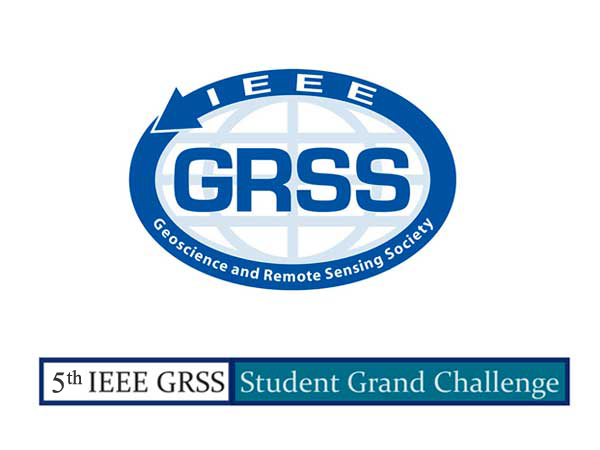REACT (EO4SDG) Competition – 3rd Edition

REACT (EO4SDG) Competition – 3rd Edition
The EO4SDG (Earth Observation for Sustainable Development Goals) mini-projects are dynamic initiatives designed by IEEE Geoscience and Remote Sensing Society’s Technical Committee REACT (Remote sensing Environment, Analysis, and Climate Technologies). To harness the potential of Earth observation data to tackle global challenges and support the United Nations Sustainable Development Goals (SDGs). These projects focus on key areas such as climate action, clean water, and sustainable cities, providing valuable insights and fostering innovation in sustainable development practices.
By leveraging the capabilities of remote sensing technologies, the EO4SDG mini-projects aim to address critical issues such as environmental monitoring, disaster response, and resource management. These efforts not only contribute to global sustainability but also empower local communities and stakeholders to make informed decisions for a better future.
Topic:
Participants should focus on local or regional challenges, highlighting how remote sensing can raise awareness and drive sustainable actions. Projects may concentrate, for instance, on the Pacific Islands, agriculture and food security in India, flood and water security in Africa, or cryosphere changes in the Hindu Kush-Karakoram-Himalayas (HKH) region, despite submissions on other topics and regions are also encouraged.
How to Participate:
We invite individuals, researchers, and organizations from around the world to join us in our EO4SDG mini-projects. Your participation can make a significant difference in promoting sustainable development and addressing global challenges.
Submit your proposals here.
Deadline: November 15, 2024.
Award:
First Place: $400
Second Place: $250
Third Place: $100
The winners will also be awarded one year complimentary IEEE and GRSS membership. The winners will be showcased in the IEEE GRSS Magazine and a presentation within a webinar is foreseen.
Format:
Reports should be 1000-1500 words excluding references, and must clearly articulate the objective and problem statement, relevance to SDGs and climate issues, and the role of remote sensing. The report should detail the methods, results, current status, broader impacts, and conclude with future outlooks.
We are looking forward to your submission. Good Luck!!!



























